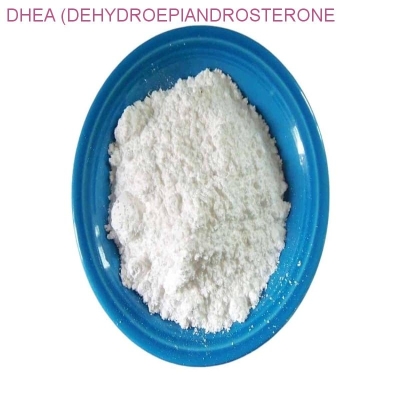-
Categories
-
Pharmaceutical Intermediates
-
Active Pharmaceutical Ingredients
-
Food Additives
- Industrial Coatings
- Agrochemicals
- Dyes and Pigments
- Surfactant
- Flavors and Fragrances
- Chemical Reagents
- Catalyst and Auxiliary
- Natural Products
- Inorganic Chemistry
-
Organic Chemistry
-
Biochemical Engineering
- Analytical Chemistry
-
Cosmetic Ingredient
- Water Treatment Chemical
-
Pharmaceutical Intermediates
Promotion
ECHEMI Mall
Wholesale
Weekly Price
Exhibition
News
-
Trade Service
1-(3-Phenylpropyl)piperazine, also known as PPP, is a chemical compound that is commonly used in the pharmaceutical and chemical industries.
This compound is classified as a piperazine, which is a type of organic compound that contains a nitrogen atom as part of a pyrrolidine ring.
PPP is a colorless liquid with a strong, unpleasant odor.
It is soluble in water and is slightly soluble in organic solvents.
PPP has a wide range of uses in the chemical industry.
One of its primary uses is as a pharmaceutical intermediate.
It is used in the synthesis of several medications, including antihistamines, anti-inflammatory drugs, and antidepressants.
PPP is also used as a catalyst in chemical reactions, such as polymerization and hydrogenation.
In addition to its uses in the pharmaceutical and chemical industries, PPP is also used in the production of cleaning agents, fertilizers, and textile finishing agents.
It is also used in the production of plastics and resins, and as a solvent in the painting and printing industries.
The production of PPP involves several steps, including the synthesis of the compound's starting materials, nitroethane and acetamide.
Nitroethane is produced by the nitration of ethylene, while acetamide is produced by the reaction of acetaldehyde with ammonia.
The next step in the production of PPP is the condensation of these two compounds, which is followed by the reduction of the resulting compound to produce PPP.
The production of PPP is an industrial process that is carried out by large chemical companies.
The process involves the use of specialized equipment, such as reactors and distillation columns, to purify and separate the various components of the compound.
The production of PPP also requires the use of protective equipment, such as gloves and masks, to prevent exposure to the compound's strong odor and potential health hazards.
The use of PPP in the pharmaceutical industry is relatively new and has largely been developed in the last few decades.
As researchers continue to discover new applications for this compound, it is likely that the use of PPP in the pharmaceutical industry will continue to grow.
In conclusion, 1-(3-Phenylpropyl)piperazine, also known as PPP, is a versatile chemical compound with a wide range of uses in the chemical and pharmaceutical industries.
It is used in the synthesis of several medications and as a catalyst in chemical reactions.
PPP is also used in the production of cleaning agents, fertilizers, and textile finishing agents.
Its production process is an industrial process that requires the use of specialized equipment and protective gear to prevent health hazards.
As researchers continue to discover new applications for PPP, it is likely that its use in the pharmaceutical industry will continue to grow.







